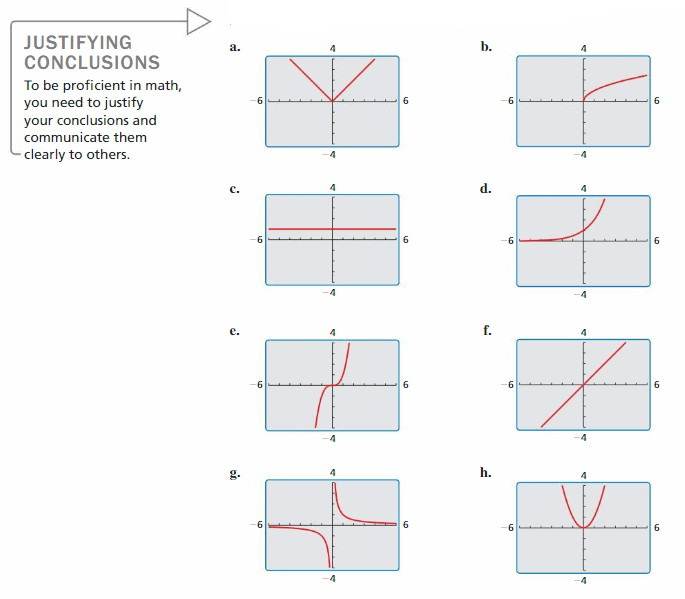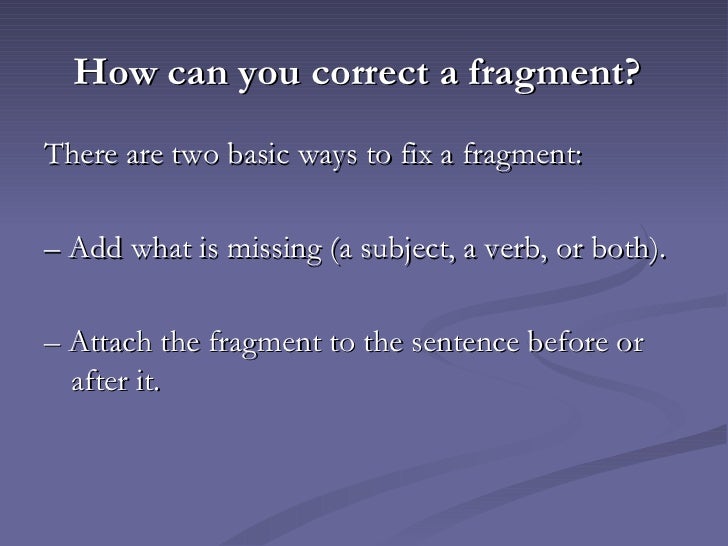Dryden who is not very famous now was very influential back at that time and insisted that sentences should not end with prepositions. By acquiring a thorough understanding of the sentence, prepositions would gradually be uncovered.

Relative Clauses In German Struggling With Relative
Find the answers you're looking for here.

You cannot start a sentence with a preposition. Most often, introductory prepositional phrases help describe when, where, or how an event occurs. And now you're wondering if it's grammatically correct to do so. So, you're ending a sentence with a preposition;
* with friends like these, who needs enemies? This is not true, but there are right and wrong ways to do this. Sure, you can start a sentence with a prepositional phrase, such as:on the table i saw a large book.you can, but not if you are trying to use proper english.
Look at the following revised sentence: It’s ok and it’s not. Of our shelves a, b, c, and d, for b and c, you can take any book from there;
In your example sentence, you have also included the prepositions for and from. An introductory prepositional phrase is a prepositional phrase found at the beginning of a sentence. The only generally expressed warning is not to follow the but with a comma.
Some prepositional phrases can be moved to the beginning of a sentence in order to create variety in a piece of writing. It is not easy to know that about which you are thinking. Notice that in the examples.
Sometimes using a preposition at the end is awkward, but sometimes it’s better to use a preposition at the end. “with” can form an introductory clause. The first rule is that to make sentences clear, specific prepositions are needed.
Luckily for those poor, persecuted prepositions, that just isn’t true. There are theories that the false rule originates with the early usage guides of joshua poole and john dryden, who were trying to align the. You have too many prepositions.
In most instances, you can use because to start a sentence when you start the sentence with a dependent. As you can see, the position of the apple/s in relation to the box/es respectively changes as you use different prepositions in the subject and manner. Notice that when the prepositional phrase is moved to the beginning of the sentence, the emphasis shifts from the subject—the terrified child—to the.
Ending sentences with prepositions was something i looked into. This use is called a preposition, and “because free speech” is a prepositional phrase. It is believed that it started off with a poet and writer in 17th century england called john dryden.
Another reason for believing that you cannot begin sentences with a coordinating conjunction is the idea that this turns a sentence into a fragment. As a prepositional phrase cannot stand alone, use a comma after the phrase when it contains four or more words. For a and d, you cannot.
Grammar snobs love to tell anyone who will listen: Most often, introductory prepositional phrases help describe when, where, or how an event occurs. English teachers may have told you to never split an infinitive or start a sentence with because. because most english teachers are not professional writers, many adhere to writing rules without understanding the underlying concepts of those rules.
For example, if you are writing an official document, like a cover letter or cv, you shouldn’t end sentences with prepositions. However, to start a sentence with of, that preposition must make sense. Underneath the heavy wooden table, the terrified child hid.
Where did the belief that you cannot end a sentence with a preposition come from? However, this is a rule from latin grammar that was applied to english. However, this prepositional use does not start a sentence, but rather comes in the middle of a sentence.
Your employer or admission committee member could perceive this as a mistake. Starting a dependent clause with because. An introductory prepositional phrase is a prepositional phrase found at the beginning of a sentence.
It’s not easy to know what you’re thinking about. * with assiduous study, she passed the test. Ending a sentence with a preposition:
Conjunctions are traditionally divided into three kinds: * with enough effort, you can live a great life. As a prepositional phrase cannot stand alone, use a comma after the phrase when it contains four or more words.
It has been said that prepositions should never start or end a sentence. This misconception may come from a confusion about what conjunctions are. Here are a few preposition guidelines:
You should never end a sentence with a preposition! Cannot start a sentence with a preposition. Another rule they may have told you is never to end a sentence with a preposition.

Cannot Start A Sentence With A Preposition









/cloudfront-us-east-1.images.arcpublishing.com/gray/QYWQHCURVZJ37FIPXHXTR56MDU.jpg)

